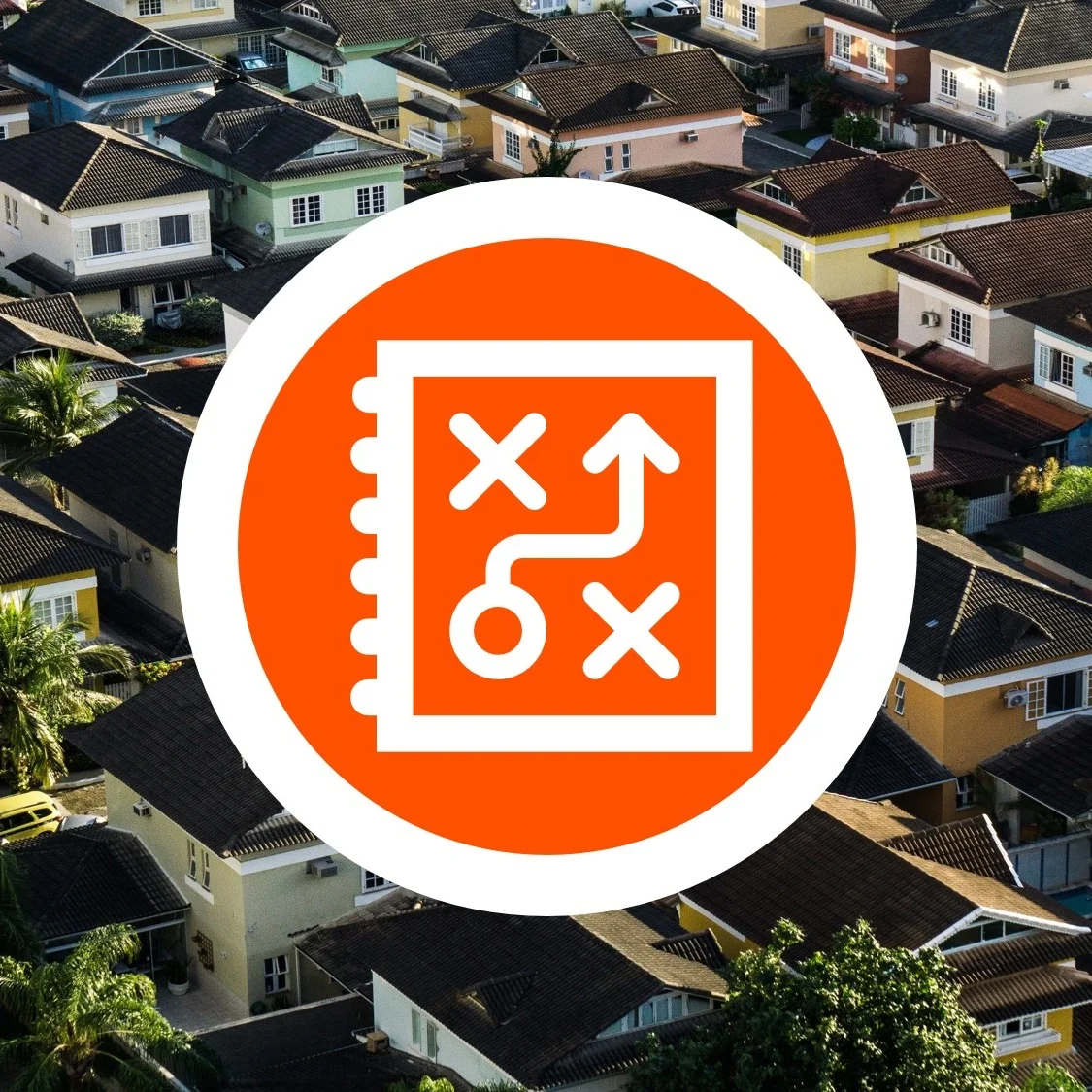How will mortgage rates affect the housing market in 2019?
Key forces are aligning to push home prices down in Vancouver and Toronto.
First, mortgage rates only matter in markets that are driven by economic fundamentals like Calgary and Ottawa. These are markets governed by classical economics that underpin affordability, but there are other factors at play in the market.
The Canada Mortgage Housing Corporation (CMHC) has repeatedly declared that house prices in Toronto, Vancouver, Hamilton, and Victoria are not supported by economic fundamentals. They’re driven by short supply, capital flows, and behavioural economics – popular sentiment.
Still, I think it’s helpful for homeowners and buyers in all markets to understand how housing affordability has shifted.
The posted conventional 5-year mortgage qualifying rate is likely to rise another half a percent by the end of 2019 to around 5.85%.
In 2016, a consumer could have found a lender that would have qualified them using a 5-year fixed mortgage rate of 2.49%.
In 2016, a family earning a $100,000 gross income that had squirreled away $50,000 in savings could have bought a place for around $530,000.
By the end of 2019, that same family would only be able to afford $400,000.
Vancouver and Toronto real estate markets are supported by capital flows, short supply, and sentiment. Affordability and government policy are moderating factors.
The dramatic drops in 2018 home purchases imply that capital flows have weakened and there are record levels of supply coming to market in Vancouver and Toronto, and that means the prices could be on thin ice.
I believe Vancouver and Toronto prices are likely to drop 5 to 10 percent in 2019.
What does that mean for homeowners?
Many people will adjust to the fact that prices don’t always go up and that an investment property should make money from rents rather than capital gains.
Homeowners with high debt loads may begin to feel the pinch when their mortgage comes due for renewal.
In Metro Vancouver house prices have already dropped by $100,000, so folks planning to sell their house to fund their retirement may decide to sell sooner than planned.
If you love your home, you are happy in your neighbourhood, and you don’t plan to move any time soon then none of this should matter.
What does that mean for homebuyers?
Homebuyers shouldn’t be surprised if most home prices seem to always be a little out of reach. Sellers are slow to adapt to a weak market. Instead of trying to anticipate the market, they tend to be reactive. They’ll only drop their price after they see a similar property in the neighbourhood sell for less. Unfortunately, by the time they drop their price the market has already shifted and so they find themselves chasing the market down but never closing a sale.
For example, I know of a home in Vancouver’s Shaughnessy neighbourhood that was listed for sale in April 2017 for $7 million. They keep dropping the price and now it’s listed for $4.6 million but it still hasn’t sold.
What is the current mortgage rate in a historical context?
Current rates are well below the long-term average and they only dropped this low because of the 2018 Financial Crisis. Even with the forecast increases in 2019, they will still be very low compared to pre-crisis levels.
Once mortgage rates reach pre-crisis lows of around 6%, the regulator should relax the stress test.
Like this post? Like us on Facebook for the next one in your feed.




